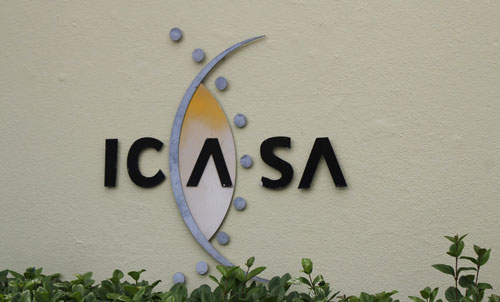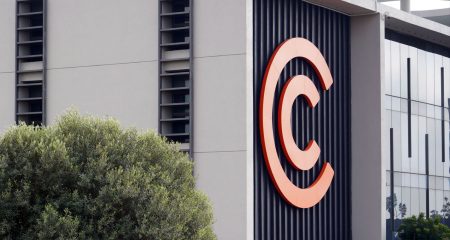
Telkom has lost its bid to charge other mobile operators a higher interconnection rate than it would have paid them, dealing a blow to its new mobile subsidiary, 8ta.
Interconnection fees are what operators charge one another to carry calls between their networks. The Independent Communications Authority of SA’s (Icasa’s) complaints and compliance committee has ruled that 8ta is not entitled to a preferential rate.
However, Icasa has left the door open for Telkom to seek asymmetry. The operator has also won the right to route call traffic along whichever route means it deems fit. This is after MTN and Cell C sought to stop 8ta from routing traffic using the most efficient (and presumably cheapest) means.
Telkom lodged three separate complaints with Icasa against Vodacom, MTN and Cell C between June and August 2010, asking the authority’s complaints and compliance committee to intervene in deadlocked discussions over interconnection rates.
Telkom, which launched its mobile network in October, wanted to charge the other operators 93c/minute to carry calls onto its new network, while they’d pay it a lesser rate of 89c/minute in peak calling times.
The operator argued that as a new market player it should be entitled to levy different rates. It also argued that if should receive the preferential rates, as it said it was “structurally disadvantaged” as a result of unequal assignment of radio frequency spectrum, economies of scale, and scope.
Icasa was in the process of finalising new “termination rate” regulations when Telkom lodged it complaints.
Vodacom and MTN disputed whether the complaints and compliance committee had jurisdiction to rule on the matter. Despite these objections, the committee decided it did, in fact, have jurisdiction.
Not only has the committee now ruled that Telkom is not entitled to a preferential rate, but it’s also said that it may only charge 6c/minute to terminate calls from community service telephones in underserviced areas — the same rate charged by its rivals.
The ruling has been backdated to 28 October 2010, the date the new call termination regulations came into effect.
However, Icasa has left the door open for Telkom to take the matter further. The new regulations allow smaller operators to apply for an asymmetric rate — under the new regulations, any player that has less than 25% of terminated minutes is entitled to apply for an asymmetrical rate.
This means Telkom could rekindle its plans to charge an asymmetric rate, an opportunity it’s unlikely to pass up. — Candice Jones, TechCentral
- Subscribe to our free daily newsletter
- Follow us on Twitter or on Facebook




